Acknowledgments
I have had the help of countless people in the years since I began working on The Book of the Dead; none of them are responsible for this books shortcomings, nor for the positions I take up. The staff of the Interlibrary Services department of Hale Library, Kansas State University, was consistently cheerful and efficient in tracking down obscure material. The special-collections librarians of the University of Delaware; Brown University; Syracuse University; the Library of Congress; and the Berg Collection, New York Public Library, provided me with invaluable assistance. In particular, Stephen Crook of the Berg Collection provided help in the early stages of the project, when I was still feeling my way. Beverly Jarrett, Jane Lago, and Gary Kass of the University of Missouri Press oversaw the transformation of my manuscript into a book with great professionalism and care. Finally, by way of institutional acknowledgments, Kansas State University provided me with a much-needed sabbatical midway through the project, as well as a research grant that made it possible for me to meet Muriel Rukeysers son and literary executor, William, and to study those papers of hers that he has kept in his possession.
Several classes of undergraduate and graduate students at Kansas State University have been subjected both to my general obsessionsto which all my students are liableand to my obsessions specific to The Book of the Dead, and I thank them for indulging me. In particular I found the comments and questions of Sarah Caldwell, Jim Hohenbary, and Kirsten Young of use as I was developing my thoughts about Rukeysers poem. A former student, David Kruger, served ably as a research assistant, saving me a good deal of time and money that would have been spent on travel. Mary Siegle, secretary of the Department of English, cheerfully provided very timely assistance with typing.
I was given information that proved helpful in the construction of my argument by William Rukeyser and Alan Wald, both of whom were uncommonly generous. I am indebted also to a number of individuals who readall or part of this book in manuscript form. Donna Potts and Larry Rodgers read an early essay version and provided valuable comments that showed me some possible lines of development I could follow once I decided that my project was book-length in scope. The anonymous readers for the Journal of Modern Literature, as well as editor-in-chief Morton Levitt, provided valuable suggestions and criticisms that improved the essay I eventually published in that journal. I use portions of that essay, Lyric and Document in Muriel Rukeysers The Book of the Dead (Journal of Modern Literature 21:2 [Winter 1997]: 22340), in this book. Jamie Owen Daniel and Jerry Dees read the first manuscript version of this book and gave me countless valuable suggestions at a point when I was incapable of seeing my own work clearly anymore. My anonymous readers at the University of Missouri Press also helped me to improve the manuscript considerably, and I am grateful for their efforts.
Finally, I would like to thank members of my family. My mother and father, Shirley and William Dayton, provided various kinds of support through the years that made it possible for me to get to the point where I could actually do something like write a book. My uncle, Cliff Dayton, was an intelligent, well-read man without the benefit of higher education; he helped provide the impetus for this book through his example and through his insistence when I was young that I get as much education as I could stand. My wife, Angela Hubler, patiently read virtually every version of this work with a fine combination of rigor and generosity. She was always there when I needed her, which was often. Our two children, Neil and Jack, provided no such help (although they did occasionally ask how I was doing, once they got old enough) and no doubt added years to the time it took to finish the thing. They, however, provided their own form of help: those all-important games of marbles, Lego-building sessions, and late-afternoon soccer practices that kept what I was doing in perspective, in more ways than one.
Introduction
Following many years of relative neglect and obscurity, Muriel Rukeysers The Book of the Dead has recently been returned to print and become the subject of critical attention. This book continues that trend, though I began work on it before the recent spate of interest began to manifest itself. I taught The Book of the Dead to a mixed undergraduate and graduate student class on American Literature, 19101950 at Kansas State University in the fall semester, 1993. I had become aware of the poem because of a talk by Cary Nelson at the 1989 convention of the Modern Language Association, and had determined to teach it the first chance that I got. At that time there was very little published on the poem, so I was forced to do nearly all the primary critical work myself. I had no sooner made a beginning on this than I realized that there was an enormous amount and variety of such work to be done, and to that work I have devoted much of my research time over the past nine years.
After these years of working on The Book of the Dead I have concluded that it stakes out a distinctive and important position in modern poetry, and more specifically within the leftist tradition in modern poetry. The most efficient way I can think to make this distinctive quality clear is by relating it to two different, and in many ways opposing, traditions in leftist letters, that of Bertolt Brecht and that of Theodor Adorno. By understandinghowever schematicallyThe Book of the Dead within these traditions, one may see that the poems political significance and its aesthetic and formal significance, while not identical, are at least closely related and mutually reinforcing.
The Book of the Dead may be related to the poetic project of Brechtand I refer specifically to the poetic project, as opposed to the not-unrelated He attempted in his poetry to achieve something different from this, to create a speaking subject whose being derived from the outside as much as from the inside; or rather, a speaking subject in whom the interrelation of inside and outside would be dynamic and meaningful. By allowing the outside world, the world of historical experience, to have a meaningful place within lyrical speech, Brecht attempted to produce a poetry free from what he saw as the ideological characterand self-indulgenceof the modern lyric, which rendered it essentially conservative in character. Readers familiar with Brechts poetry will, I hope, agree with this description, whether or not they share my opinion that on the whole Brecht came remarkably near achieving what he aimed for.
What Brecht distrusted, Adorno redeemed; the isolated lyric speaker emerges from Adornos Lyric Poetry and Society as a nearly heroic figure, both preserving social experience in the only form in which it is

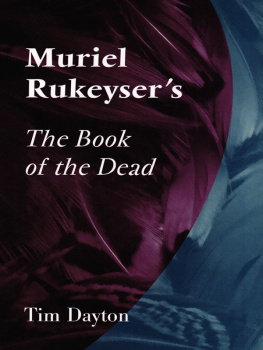
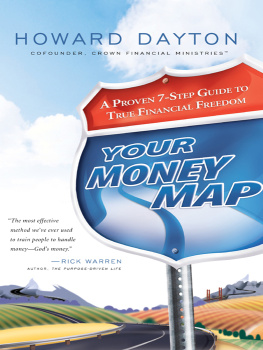
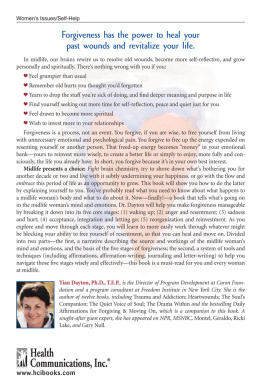
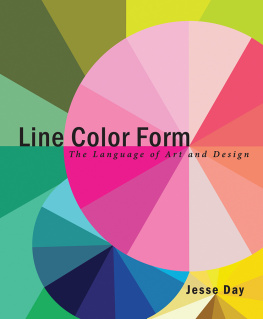

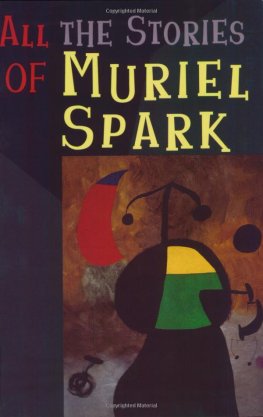
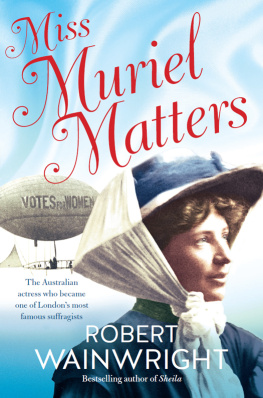
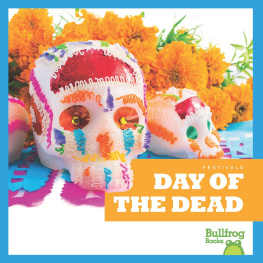
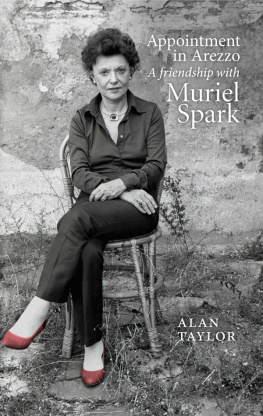
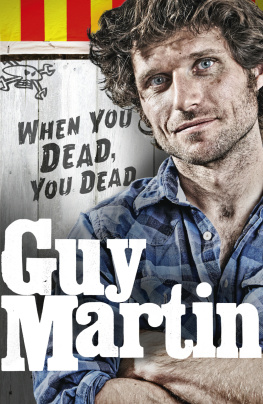

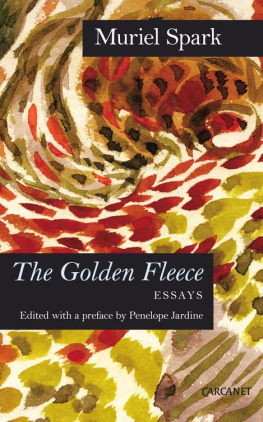
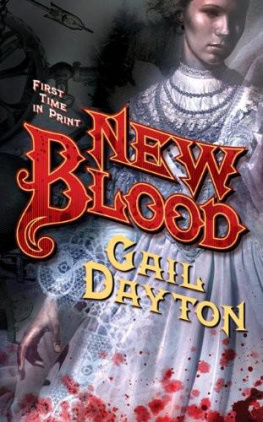

 This paper meets the requirements of the American National Standard for Permanence of Paper for Printed Library Materials, Z39.48, 1984.
This paper meets the requirements of the American National Standard for Permanence of Paper for Printed Library Materials, Z39.48, 1984.